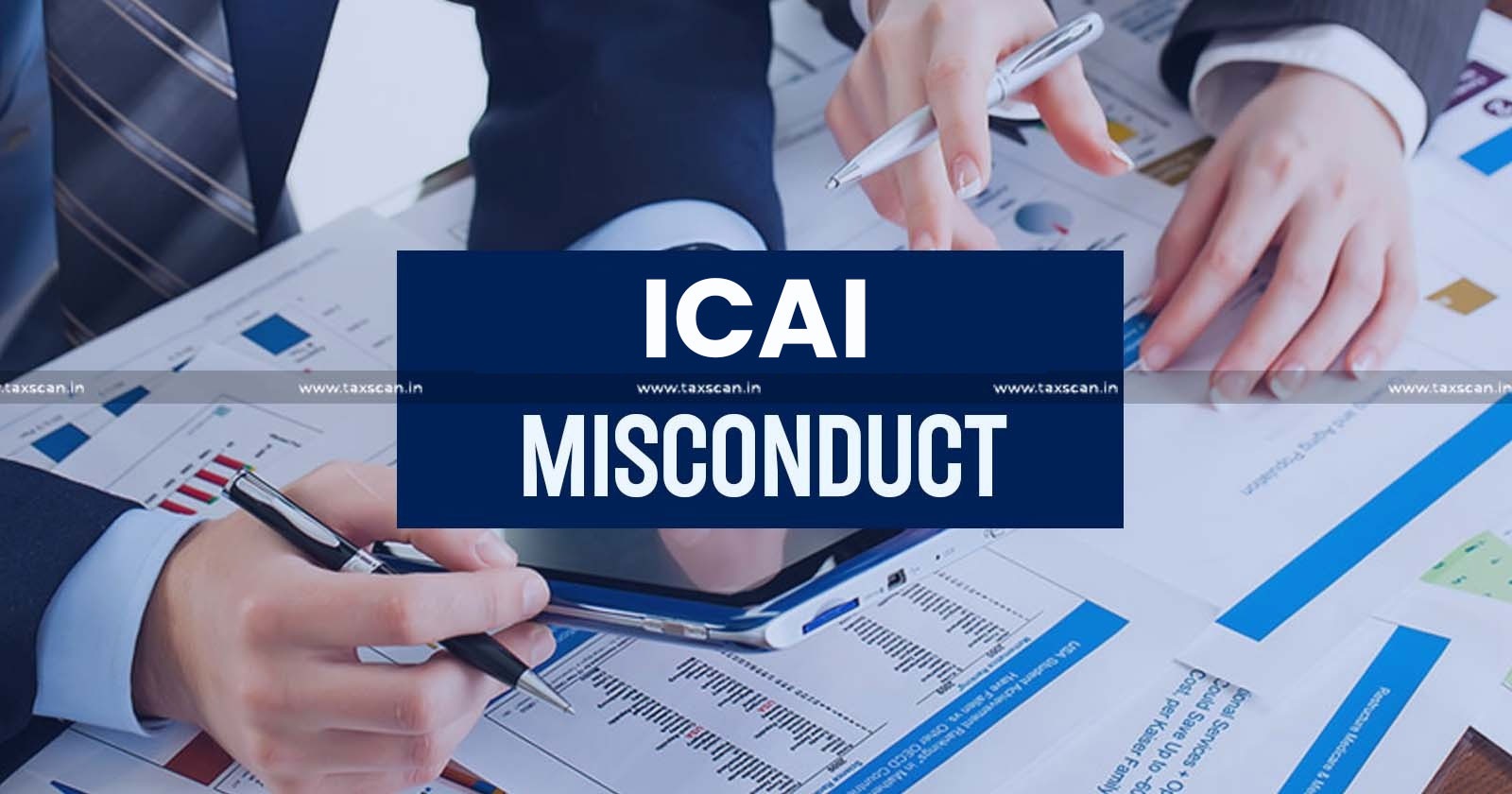A.N. Jindal, J.@mdashThe appellant-Kanwarbeer Singh had got financed the Tavera vehicle from the respondent no. 1-P.K.F. Finance Limited on 15.07.2005 for a sum of Rs. 8,88,000 and after including insurance and other miscellaneous charges, it came to be Rs. 9,10,000 approximately, out of which the appellant no. 1 had paid a sum of Rs. 2,10,000 in cash as down payment and Rs. 7,00,000 were got financed from P.K.F. Finance Limited. The loan was to be paid in 60 instalments, each instalment of Rs. 16,700, out of which one instalment of Rs. 17,000 was received in advance. All the instalments were inclusive of the interest on the principal advance which were to be completed by the end of May 2010. The appellant no. 1 had paid Rs. 2,00,000 through the instalments, however, due to irregular deposit of the instalments, there was exchange of hot words with the respondents. Consequent upon which, the appellant approached the head office where he was insulted and forced to pay the balance instalments in lump sum in the year 2007 and interest up to the year 2010. The interest was to be paid @ 8.17% flat (14.50% IRR). Later on, the appellant came to know that an ex parte award in the sum of Rs. 9,14,615 along with future interest @ 3% per month was passed against him on 07.08.2007 by the arbitrator.
2. The respondents filed the execution wherein the appellant was served and he took the plea that he was never served. He moved the objection petition before the District Judge on 08.08.2009 but the said objection petition was dismissed.
3. The stand of the respondents is that at the time of the agreement dated 15.07.2005 and taking the loan, the costs of the assets at that time were Rs. 8,87,272 and after including insurance and other miscellaneous charges, the same came to be Rs. 10,65,950. The appellant only paid Rs. 1,87,272 in cash as against the alleged payment of Rs. 2,10,000. He also did not make payment of Rs. 2,00,000 on account of instalments but had deposited a sum of Rs. 1,96,722 only. Regarding service, it was submitted that the appellants were served through registered post on the last known address. Since the registered covers were not received back, therefore, the arbitrator had rightly recorded that the service was complete.
4. As regards the interest, the respondents have submitted that the agreed rate of interest was flat @ 8.17% per annum (14.50% IRR). It has also not been denied that the interest has been included in the instalments. It was further submitted that it was also agreed between the parties that on the late payment of instalments, further compensation charges @ 3% per month, i.e. 36% per annum per instalment were to be recovered. Thus, he has submitted that if any late instalment is paid, the respondents were entitled to recover compensation @ 36% per annum on such late payment. The District Judge dismissed the objection petition.
5. Arguments heard. It has been urged that no copy of the award has been supplied to the appellants, therefore, the objection petition was quite within limitation from the date he was served in the execution. There is no evidence regarding service of the copy of the award upon the appellants.
6. Be that as it may, the appellants may have been served in the execution/award yet in the absence of the supply of the copy of the award, from which date the limitation with regard to filing the objection petition u/s 34 of the Arbitration Act* was to run, however, it is established in this case that no such copy of award has been supplied to the appellants. As such the objection petition was within limitation.
7. The other contention as raised by the learned counsel for the appellants is that the award passed by the arbitrator as well as the judgment passed by the first appellate court are quite illegal inasmuch as the arbitrary amount has been imposed upon the appellant. The respondents have added undue, unnecessary charges in the claim without any basis. The amount paid by the appellant was not adjusted. The appellants were not liable to pay such amount in the absence of any evidence. Secondly, no double penalty could be imposed upon the appellant, i.e. interest @ 8.17% per annum (14.50% IRR) and also 3% per month as compensation charges. The interest is also charged as compensation for the delayed payment of the instalments which was already included in the amount of Rs. 7,00,000 as financed to him on 15.07.2005. The compensation as claimed was not within the scope of the arbitration. The admitted facts are that the loan agreement was executed on 15.07.2005. The amount of Rs. 7 lakhs was financed which was to be paid in 59 instalments, each instalment of Rs. 16,700. The loan was to be completed by 21.05.2010. The loan of Rs. 7 lakhs included the first instalment as well as the interest @ 8.17% flat as agreed between the parties. It is also admitted that a sum of Rs. 1,96,722 has been paid by the borrower up to 21.11.2006, i.e. the date of termination of the agreement, therefore, there remained Rs. 5,03,278 as balance on that date. It has also been admitted that the appellant had paid credit balance of Rs. 60,000 as per Ex. P18 payable on account of the insurance. Thus, after deducting this amount of Rs. 60,000, the net balance to be paid by the appellants to the respondents came to be Rs. 4,43,278. It is a glaring defect in the arbitration proceedings, as come to light on examination of the arbitration file, that the arbitrator was clearly biased in favour of the company. After proceeding the appellant as ex parte, arbitrator did not call for the claim of the company rather proceeded to record the evidence of the company forthwith and accepted the issuance of legal notice (Ex. EP5), postal receipts (Exs. P6 and P7), statement of account of overdue instalments (Ex. P12), statement of account of ledger balance (Ex. P13), statement of travelling expenses incurred by the staff of the company for realisation of the overdue instalments (Ex. P14), statement of account of overdue charges of overdue instalments (Ex. P15), statement of account over the overdue charges of ledger balance (Ex. P16), statement of account of instalments yet to fall due (Ex. P17), and statement of account of payable insurance showing credit balance (Ex. P18), without any further verification or checking of the books. The amount so shown appeared to be arbitrary and without any basis. On examination of the statement of account it transpires that the amount claimed appeared to be very exorbitant. The ledger balance of Rs. 39,828, travelling expenses of Rs. 16,306, overdue charges on overdue instalments Rs. 18,799 and overdue charges on ledger balance Rs. 9,582, appeared to be arbitrary and without any basis. No, document in order to prove the aforesaid claims appears to have been exhibited.
8. Without going further into the matter that no proper procedure was followed by the arbitrator, it would be suffice to say that net balance due against the appellant on the date of termination of the contract was Rs. 4,43,278 which included interest @ 8.17% per annum up to the last instalment, i.e. 21.05.2010 and the appellant is also further entitled to interest at the same rate from 21.05.2010 till the realisation of the decretal amount. Though the respondents have claimed interest on interest, which amounts to compound interest, the law does not permit the respondents to claim the compound interest. As such, the appellants cannot be granted interest on interest.
9. Now coming to the question of interest on the additional amount of compensation @ 3% per month, i.e. 36% per annum on the defaulting amount it would be essential to reproduce Clause 2.9(d), (e) and (f) of the loan agreement, which reads as under:
2.9. Repayment of loan-
(a) to (c) xxx
(d) No notice, reminder or intimation will be given to the borrower regarding his obligation to pay the instalment regularly on due date. It shall entirely be the responsibility of the borrower to ensure prompt and regular payment of the instalments.
(e) Without prejudice to any other rights and remedies which the lender may have under this agreement and/or under the prevalent law, in the event of any delay by the borrower in any payment to the lender under this agreement, the lender shall be entitled to charge an additional interest as described in the First Schedule on the entire such outstanding amount whether of loan, interest or any other charges payable hereunder. The aforementioned additional charge would not affect the obligation of strict compliance with repayment schedule being an essential condition for the grant of loan.
(f) Any dispute being raised about the amount due or interest computation will not enable the borrower/s to withhold payment of any instalment.
10. On bare reading of the Clause 2.9(d), (e) and (f) of the agreement it transpires that in case of default the lender, i.e. the respondent was entitled to charge additional interest as described in Schedule (I) and the said clauses of the agreement do not refer to any entitlement of compensation to the respondents.
11. Now coming to the First Schedule appended to the agreement, it does not refer to the additional interest but it refers to payment of compensation charges @ 3% per month per instalment. Thus, in order to entitle the respondents to interest, the court would be bound by the terms of the agreement which do not refer any compensation as claimed by the respondents @ 36% per annum.
12. It may further be observed that the interest on the delayed payment and further compensation on the delayed payment @ 3% per month could not be claimed as it would be against the principles of public policy. As such it would have to be held that compensation @ 3% per month is beyond the scope of arbitration agreement. Sub-clause (e) of Clause 2.9 of the agreement only refers to additional interest and not refer to any compensation. As such, while examining the case from another angle, no compensation could be claimed by the respondents under the agreement.
13. Consequently, it would have to be held that the compensation as claimed by the respondents @ 3% per month on the defaulting amount would be beyond the scope of arbitration and the said document (Schedule I) is turned down. Resultantly, this appeal is partly accepted, impugned judgment is modified to the extent that the appellants would be entitled to recover Rs. 4,43,278 and any amount paid beyond Rs. 1,96,722 including the sale proceeds of the vehicle would be adjusted against the said amount by the company.
--------------------------------
* Arbitration and Conciliation Act, 1996.

